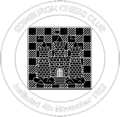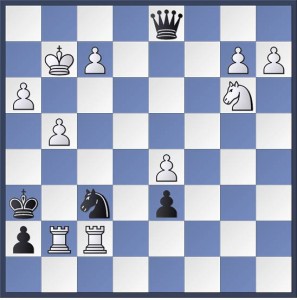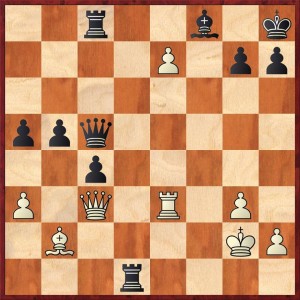A few years ago I used to make an annual summer trip to a tournament on mainland Europe. Destinations included the Czech Republic, Denmark, Romania and Latvia. These events provided an opportunity to visit somewhere new and play against different players). With cheap flights making more and more of Europe easily accessible, it was good value and more interesting when compared against playing somewhere like the British. It’s been a few years since I played abroad in the summer. Part of this was due to the reinvigoration of the Scottish Championship, but also many of the group I went to these events with had either other interests or commitments that meant they were no longer willing or able to play.
Former club member Duncan Grassie was one of the group. Duncan hasn’t played much recently due to focussing on his other hobby (Orienteering), but primarily due to work commitments and moving abroad. Duncan decided it would be nice to have something of a ‘reunion’ this year, and a few of us were keen to play, so we decided on a tournament in Andorra. There wasn’t a huge amount of thinking behind the choice – the tournament itself was pretty strong (at least at the top), none of us had been before and travel seemed reasonably easy. It was an inspired choice.
Thanks to word of mouth and social media, our small group grew. And grew. The final count was 19 Scots entering the tournament – outnumbering the number of Andorrans(!). 10 of those were from Edinburgh Chess Club – myself, Calum MacQueen, Clement Sreeves, Adam Bremner, Andrew Green, Daniel McGowan, David Oswald, Hugh Brechin, Graeme Kafka and David Robertson. All of us performed well without perhaps hitting our absolute best form. Top Scot was Jonathan Edwards, who finished on 6/9. Jonathan is a former Tiger Cub, so perhaps we should claim a bit of credit for his result! Anyway, the event is strongly recommended to those searching for a summer tournament.


